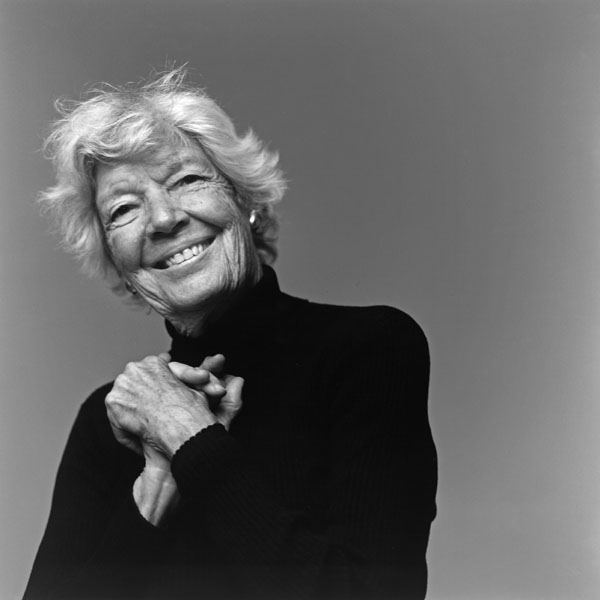
It was this week on June 23, 1963, that Dr. Martin Luther King spoke at what he called the largest and greatest demonstration for freedom ever held in the United States in Cobo Hall, Detroit.
Just two months before his famous "I Have a Dream" speech, Dr. King was intent on painting a new reality for the world: a lens through which we could all live underpinned by hope, love and equality, ultimately leading to the conditions where people of all races could live together in harmony.
Almost 50 years later, the world is becoming increasingly more interdependent and it is for this reason that developing new paradigms for respecting shared values and human dignity is more important than ever before.
In fact, I would make the case that embracing each of our unique differences and perceptions of the world in this day and age is not just desirable, but actually quite logical.
Albert Einstein's Theory of General Relativity contends that it is a universal truth that everybody will see an object or perceive a situation differently. This is partly rooted in what has long been known in the world of physics as the observer effect: how one person ("the observer") perceives an object or situation may be different from what someone else will see when viewing the same situation or object.
In a socio-economic sense, the observer is defined as a thinking human being. From this framework we see situations and objects based on what we perceive to be as important. This perception is shaped by how we grew up, what we learned, how we learned it, genetics etc. As such, there are many frames and lenses through which we can perceive reality (highlighted by positive, negative or neutral tones), through which we ultimately create the stories of our lives.
Taken to its natural extension, within this paradigm, everybody from the most staunch cynic to the world's greatest optimist, is fundamentally the same. We're simply operating by means of our own unique interpretations of reality, rooted in different sets of applied values and codes of ethics (or lack thereof).
Throughout history our individual interpretations of reality have thus been transferred through speech, the written word, the arts and incalculable other conduits sometimes gross and at other times incredibly nuanced.
In a recent talk given as part of the new exhibit "Double Take - Portraits of Intriguing Canadians" at the Canadian Museum of Civilization in Gatineau, Quebec, the Manager of the Imax Theatre, David Henderson, explained how even portraits can tell a story about a person's life and their guiding beliefs. A portrait, he contends, may inspire a moment of contemplation, gratitude or shared value and understanding between the subject of the portrait and the observer.

Photograph of June Callwood by David Henderson, 2004.
As the man who took the famous photograph of June Callwood (1924-2007): one of Canada's great writers and humanitarians, his personal task was to attempt to capture kindness in a portrait. He believes that in many ways, portrait photography is about removing barriers and, in this case, he was inspired by June Callwood's insight that kindness has the capacity to strip barriers away too.
Through this one portrait, both the photographer (Mr. Henderson) and the subject (Ms. Callwood) directly and indirectly relayed their beliefs about the importance of using kindness to remove barriers in the world to the observer (you or me). It is then up to us to receive that message, make sense of it and do something with it or leave it behind.
Several decades ago, people started to believe in Dr. King's dream of creating a more equal and free society and the world began to change. Along this line of reasoning, on a day-by-day basis and through every action we take, we have the capacity to say and do things that can change someone else's reality too.
When we understand that it is in our nature to be different, it is much easier to appreciate and respect people for their differing lifestyles, opinions, cultures, etc. And while we may not agree with others all the time, at the very least we can appreciate that they -- just as we -- have had incalculable experiences and people in our lives that have influenced the way we see the world, for better and for worse.
Ultimately, it is in our very nature to see the world from a point of reference that is unique to each person. This uniqueness, part our inherent dignity as human beings, is something that has every reason to be embraced and celebrated. It is, simply put, the logical thing to do.
Giovanna is the Country Chair for Global Dignity Canada. For more information on how you can celebrate Global Dignity Day on October 16, 2013, visit www.globaldignity.ca or www.globaldignity.org.